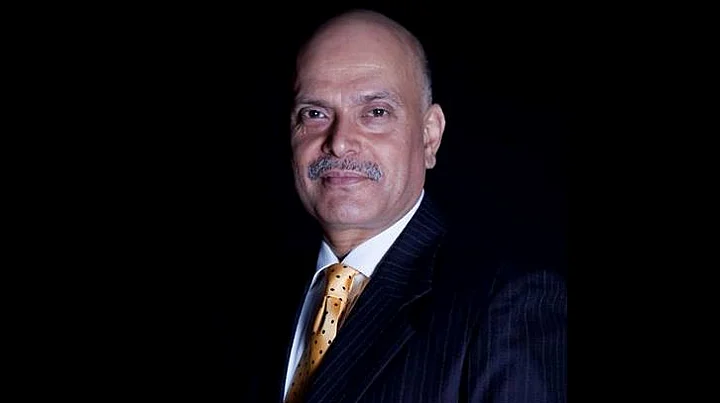Just six months ago, I was a regular media guy, having founded and led Network18 for nearly two decades, doing someTV (35 channels!) and a bit of collateral digital stuff around the edges.
And then Ritu and I exited our TV-and-a-bit-of-the-web company. Suddenly we had time on our hands and capital in the bank, but no TV studios to air from. Somebody yelled, “the complex thing is on Digital, man, where it’s all two-way, non-linear, seamless and really complicated. Go figure!”
So the time had come to really go and figure out this new machine-coded beast. We hopped on a flight to New York and Silicon Valley to meet the emerging young titans of tech-led, mobile-first, algorithmic news. The voyage and its lessons are fascinating.

Today news/information blows at you from all sides – on Twitter from people you follow, on Facebook from people you share your life and gossip with, on Flipboard to whom you once revealed all the topics that interest you, from literature to lingerie. And since these algorithms are “intelligent”, i.e. they quickly learn what you read more, what you gaze at longer, please don’t be surprised if you begin to get, at first slowly and then in a torrent, much more lingerie than literature!
But then, will the human editor become extinct, obliterated by hi-tech codes?
Relax, just relax – a Digital apocalypse will not strike at the fundamental tenets of journalism.
First, and mercifully, the exclusive will not die. But it must evolve – shorter, sharper, exquisitely-worded and aimed at the “millennials”.
Second, many “journalistic scoops” will become like the stunning paparazzi pictures of the 2000s, written by enterprising, driven, fearless and intrusive loners – think IS, Boko Haram or Taliban.
Third, social media, especially Google and Facebook, are an independent journalist’s best friends, giving his piece a viral velocity impossible within the linear confines of newspapers and TVs.
Fourth, the journalist will be led by a powerful content torch, the trending algorithm – to write more angles and excite a “conversation”. But if the story does not trend, he needs to tuck his ego in his tail and get on with another piece.
Finally, our fantastically youthful team has taught me valuable lessons in daily edit meetings over the last two months. I have had to relearn what “relevant content” means for today’s hyper smartphone audience. On Mohammad Rafi’s birthday, one sprightly reporter asked me, “Who’s he?!” A discussion on LN Mishra’s assassination revealed how little they know, or care, about the dramatic events of my youthful days from the 70s. And of course, nobody understands why the hell there is an apostrophe in “it’s” and not in “its”, inspiring us to order a few copies of Wren & Martin for the office library.
Now with the dawn of 2015, I am much more excited about The Quint in my second innings than I was about TV18 as a novice entrepreneur in 1993. Onwards!
(At The Quint, we question everything. Play an active role in shaping our journalism by becoming a member today.)
